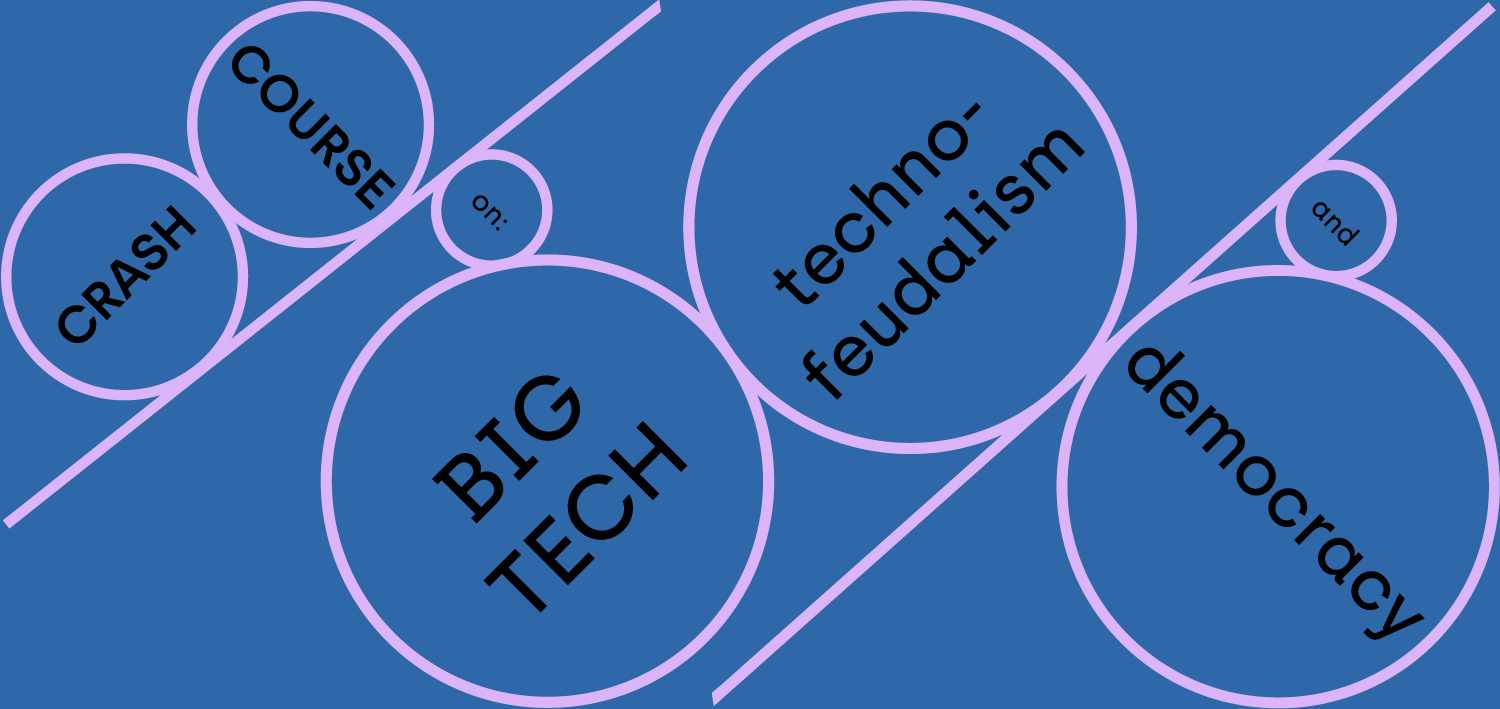
#3 Platforms and the limits of Competition Policy — with Farwa Sial
In this third episode, we will discuss the challenges that Big Tech confronts us with in terms of regulation. The platform economy has fundamentally changed our societies and has made more and more citizens dependent on less and less companies. Due to lobbying efforts as well as ignorance and incompetence on many policy levels, this sector has massively expanded without much government oversight. The US has started talking about splitting up Facebook, but critics warn that this is not sufficient.
We have asked Farwa Sial to zoom in on the regulatory problems and trends that intellectual monopolies and the platform economy have raised. We ask:
How has the lack of data regulation enabled the rise of Big Tech?
Why are the current competition policy frameworks falling short of regulating intellectual monopolies?
What kind of regulation do we need to regain control and empower the public domain?

Farwa Sial is a Senior Policy and Advocacy Officer in Development Finance at Eurodad and a Research Fellow at the Global Development Institute (GDI) University of Manchester. She is the steering group member of Diversifying and Decolonising Economics (D-econ) and the Association of Heterodox Economics. Her research focuses on comparative development, Industrial policy, corporations and the evolving dynamics of late-capitalism in the context of financialization and technological development.
Twitter @farwasial
Podcast
In this third Crash Course series we turn to one of the biggest winners of the Covid-19 Pandemic: Big Tech. These increasingly powerful and financialized firms routinely represent themselves as ‘innovators‘ and ‘problem solvers‘ and self-proclaimed forces for good by connecting ‘users’ worldwide. But are the solutions provided by Big Tech as good as they contend? What does the rise of Big Tech entail for the sovereignty of countries in the Global South? How can we organize democratic control as capitalism moves into an unknown socio-technological phase? And how might we embrace technology as a force for good?
